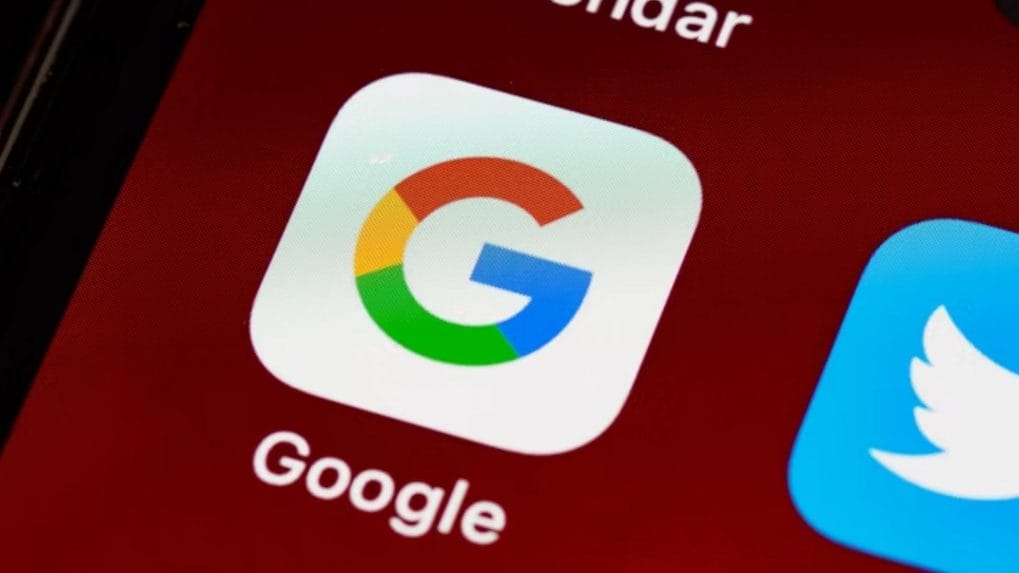Google to retire ad sharing feature, signaling full shift toward asset-based advertising
Google will retire ad sharing in the Google Ads API in October 2025, signaling a full transition to asset-based ads and requiring advertisers to adapt workflows or face campaign disruptions.
ADVERTISEMENT
Google announced it will retire the ad sharing functionality within its Google Ads API this October, reshaping how advertisers and developers create and manage campaigns at scale.
Beginning October 15, 2025, with the rollout of version 22 of the Google Ads API, advertisers will no longer be able to create new shared ads—a method that allowed the same static ad to be linked across multiple ad groups without duplication. The company plans to fully sunset existing shared ads in the first quarter of 2026, though an exact date has not yet been disclosed.
The change, detailed in a Google Ads Developer Blog post on Wednesday, is part of a broader shift toward asset-based ad models, such as Responsive Search Ads and Performance Max campaigns, where ads are dynamically assembled from a pool of assets like headlines, descriptions and images. Google argues that static ad sharing has become inefficient in an ecosystem increasingly driven by automated asset combinations designed to match a user’s query and context.
“This change will affect how ads are created and managed at scale, so it’s crucial to understand the implications and prepare your systems accordingly,” the company wrote, urging developers and advertisers to audit and update their systems before the deadline.
The shift will require advertisers to abandon the long-standing practice of linking a single ad object to multiple ad groups. Instead, identical ad copy will need to be recreated as unique ad objects for each ad group, a move that could create operational friction for large advertisers but aligns with Google’s push for more granular and context-aware advertising.
The transition will also reset performance histories tied to shared ads, requiring advertisers to start from scratch for each newly created unique ad. Google has advised advertisers to export and archive historical data before making changes to preserve long-term performance analysis.
For developers, the changes require direct action: auditing current API usage for ad sharing patterns, rewriting scripts to generate unique ads per ad group, and planning a phased migration of shared ads into Responsive Search Ads with richer asset pools for machine learning optimization. Google has outlined a structured approach for developers, including SQL queries to identify shared ads and clear steps for creating compliant replacements.
Between October 15, 2025, and the first quarter of 2026, existing shared ads will continue to serve, but Google has cautioned that attempts to link new ad groups to shared ads will fail. By early 2026, Google will automatically migrate remaining shared ads by duplicating them across ad groups, though this automated process may affect campaign performance due to regenerated assets.
The move comes as Google faces growing competition from platforms like Amazon and Meta, which are similarly emphasizing asset-driven advertising, automation, and performance-based ad formats. It also reflects broader industry trends where static ad structures are increasingly being replaced with dynamic, machine-assembled ads to better capture shifting consumer behavior across search and display environments.
For Google, the deprecation of ad sharing is not merely a technical update but a strategic reinforcement of its automated advertising vision, even if it forces advertisers to adjust legacy processes. Advertisers and developers who fail to adapt risk disruption in campaign management and performance, while those who pivot early may benefit from richer creative optimization and more granular audience targeting.
Read More: Chrome killers? How OpenAI and Perplexity AI browsers could rewire Google’s ad empire


